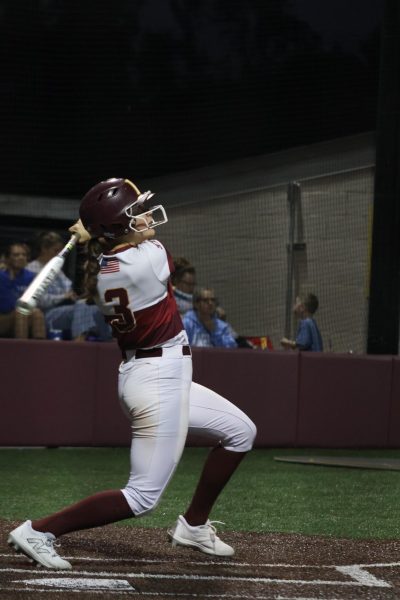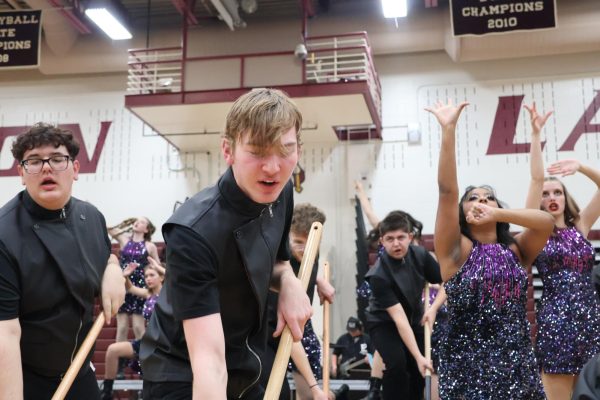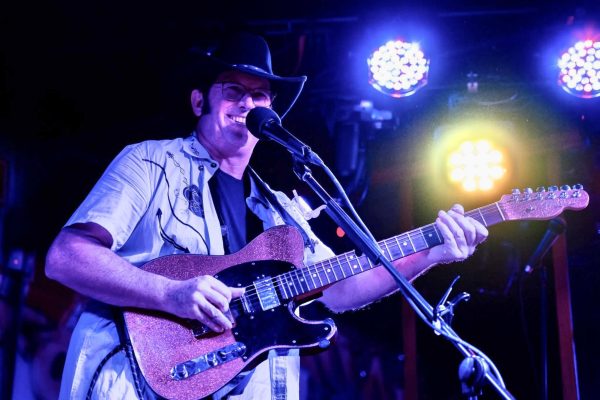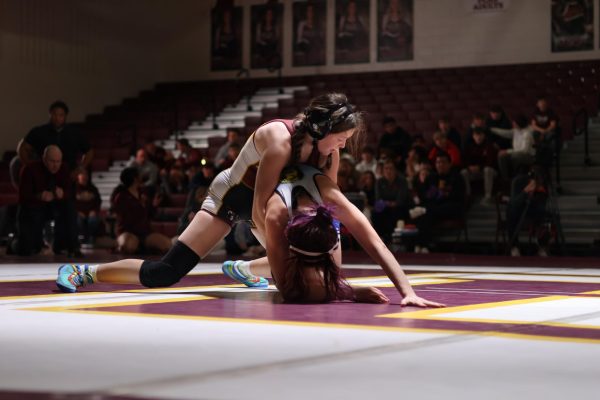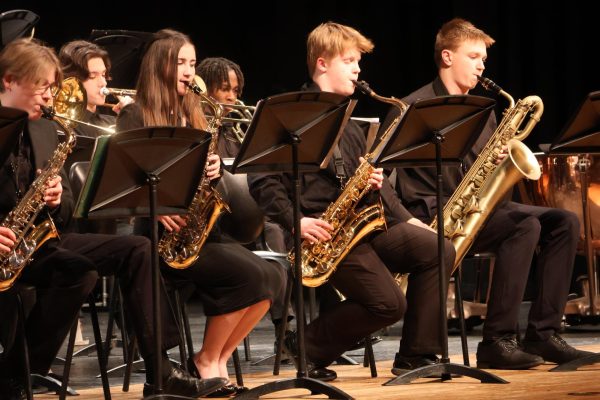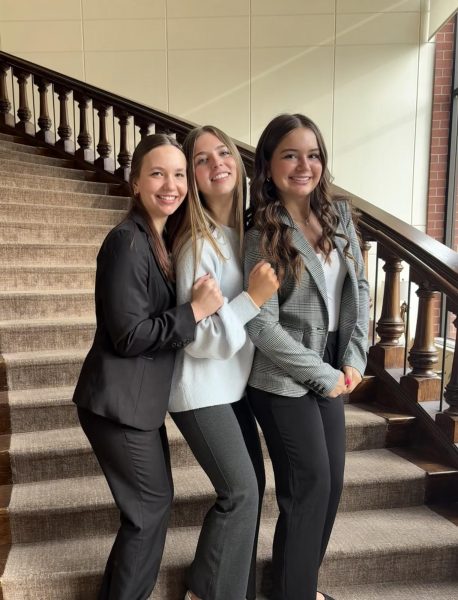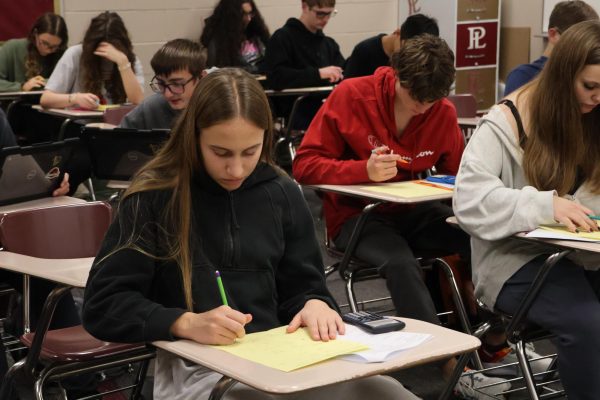Life Isn’t Disposable
Our disposable lifestyle is something that we need to reconsider.
Plastic is in most things that we use in our daily lives, such as phones and cars. No matter where we go there seems to always be some sort of plastic. Even though it’s convenient to use, it has the potential to do a lot of damage to the environment.
Plastic is in most things that we use in our daily lives, such as phones and cars. No matter where we go there seems to always be some sort of plastic. Even though it’s convenient to use, it has the potential to do a lot of damage to the environment.
A lot of the plastic we use ends up in the oceans and harms marine life. Birds and fish are often found with stomachs full of plastic shards that basically starved them because it made them feel full.
According to biologicaldiversity.org, at the current rate humans are using plastic, it will outweigh all the fish in the sea by 2050.
Humans use plastic all the time such as using plastic bags for groceries and takeout food. Our garbage bags and sandwich bags contribute as well to the huge number of plastic bags in the environment. Plastic is even in clothing and sheets.
Do you know what happens after balloons are released at football games, family gatherings, and celebrations? The balloons come back down and end up in oceans, plains, and essentially in the stomachs of wildlife. There have been cases of horses dying due to eating balloons that pop and land where they eat. This just adds to the number of toxic things in most animals’ systems.
In a school setting, plastic is used for almost everything in the cafeteria. Plastic trays, cups, and cutlery end up in the trash cans every day in large amounts. The drinks from vending machines and from the cafeteria also contribute to the amount of plastic that gets thrown away every day by PLHS.
Schools have programs and clubs to help with recycling, but ultimately the best solution to the problem would be to use more reusable things.
Lately, reusable water bottles have been popular among teenagers which helps to reduce the amount of single use plastics thrown away every day in a school setting.
Recycling helps, but things still end up in the ocean and other places just waiting to be eaten by an unsuspecting hungry animal.
Some people actively work hard to lessen their plastic footprint on the environment. Michelle Meissen, an advocate for Palmetto Ocean Conservancy, fights for less use of plastic every day and has cut down the amount of plastic she uses in her daily life.
“I use reusable water bottles [and] wax paper items instead of plastic cling [wrap],” Meissen said.
She, like the majority of people, is aware of the amount of plastic used to make disposable items, or single use plastic items. She decided to do something about this and use reusable alternatives.
“It’s not an easy process, everything is wrapped, stored, or lined in plastic,” Meissen said.
Part of the problem is leadership in office. Pollution and global littering are pushed to the side, being put away for the next person to deal with.
“We need to vote for a political leader that sees the environmental issues at hand and does something about it,” Meissen said.
There are many things that people can do to reduce their use of plastic and other things daily. One option is to use reusable bags instead of plastic single use ones.
“It’s about reprogramming our disposable lifestyle,” Meissen said. “[I use] bar shampoo/conditioner instead of shampoo/conditioner in plastic containers”.
If people around the world would reduce their plastic use, it would benefit everyone around them, including animals who get caught in the crossfires of littering and pollution.
“We must expand our minds and see the cause and effect it’s having on our environment and choose to do our best to conserve and protect,” Meissen said.
Palmetto Ocean Conservancy is a non-profit organization that works to preserve and protect the ocean from all things deemed harmful. The organization puts together beach clean-ups and fundraisers.
“My vision is to expand my organization by reaching out to the public to educate our children on marine life and the going war or pollution,” Meissen said.
Palmetto Ocean Conservancy will soon be changing its name to Guardians of the Sea, as it’s a more global name that portrays the organizations goal of protecting the oceans.
Students at PLHS should take note of the work that Meissen and her organization are doing to better the Earth, and consider incorporating these changes in their own lives. What may be a minor inconvenience to us, could mean the life of an animal, and as fellow creatures, it is our duty to sacrifice our consumption of these deadly plastics for the betterment of all.
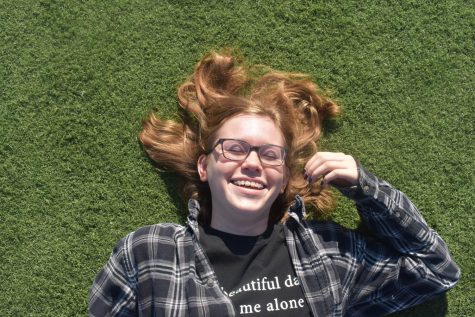
Senior Lily Allpress is on her second year on staff, and is now acting as the Assistant Editor-In-Chief of PLPulse. She enjoys driving around in her car...


